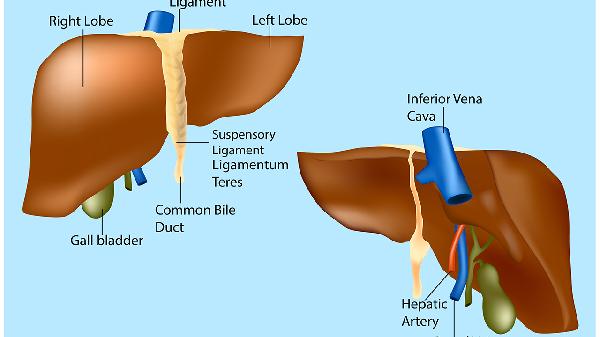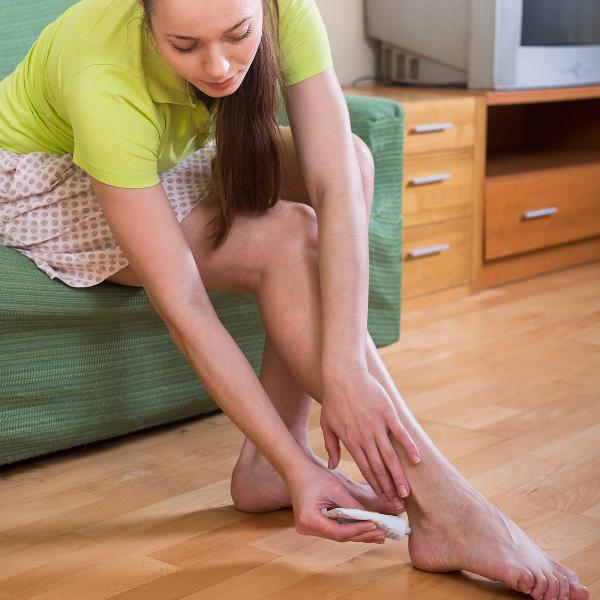Many women are greatly fearful of gynecological diseases, so they tend to be overly suspicious and burden themselves psychologically at the slightest symptom. We can observe the condition of vaginal discharge, as it can to some extent reflect whether there are health issues in gynecology, especially the color of the discharge. But does brown discharge necessarily mean a gynecological disease? Let's find out together.

Does brown discharge always mean a gynecological disease?
The appearance of brown discharge in women does not necessarily mean they have a gynecological disease, and women should not be overly anxious because of it. There are mainly three possible reasons for brown discharge, which I will explain one by one.
1. Ovulation bleeding
Some women experience a small amount of bleeding during ovulation, which is a completely normal physiological phenomenon and not something to worry excessively about. If brown discharge appears, you can check if you are in the ovulation period. Additionally, brown discharge caused by ovulation bleeding has no odor, distinguishing it from brown discharge caused by gynecological diseases. You can also determine if it’s ovulation bleeding by the duration; if it only lasts for a few days and then returns to normal, it is highly likely due to this reason.
2. Gynecological inflammation
Gynecological inflammation can also cause brown discharge in women, with vaginitis being the most common. There are many types of vaginitis, and different types manifest differently in the discharge. If brown discharge is accompanied by an unpleasant odor and itching of the vulva, it is best to go to the hospital for a check-up. If it is vaginitis, treatment should be started immediately.
3. Cervical diseases
Cervical diseases can also cause brown discharge in women. Cervical diseases encompass various pathological changes in the cervical region, including chronic cervicitis, cervical polyps, and cervical cancer. Although cervical erosion is no longer classified as a gynecological disease, it can still cause brown discharge.
How to prevent gynecological diseases?
1. Personal hygiene is crucial
The most effective way to prevent gynecological diseases in daily life is to pay attention to personal hygiene in the private area. Neglecting personal hygiene can lead to bacterial growth, and over time, this can result in gynecological diseases. To maintain proper hygiene, rinse the private area with warm water before going to bed each night. Avoid relying on feminine washes, as they can disrupt the pH balance of the private area.
2. Rational selection of underwear
Choosing good underwear can help prevent gynecological diseases, and the selection of underwear is very important. Some women, for the sake of appearance, choose underwear without considering the material or breathability, focusing only on the style. Some underwear materials may appear soft but are not breathable, and combined with overly tight styles, they keep the private area in a damp and non-ventilated environment, which is prone to bacterial growth. Therefore, choose underwear rationally; light-colored, cotton material with good breathability is the best choice. Also, pay attention to the washing of underwear; do not wash it with other clothes, especially socks. It’s best to have a dedicated basin for hand-washing underwear, and if possible, dry it under the sun for disinfection.
3. Moderate and hygienic sexual activity
Women should moderate their sexual activity, as excessive indulgence can easily lead to gynecological diseases. It is best to clean the private area before and after sexual activity to reduce bacterial transmission due to sexual contact. Additionally, having a single sexual partner is very important. If one’s private life is too promiscuous, reproductive health cannot be guaranteed, and one will always be in a dangerous situation.
Brown discharge does not necessarily mean a gynecological disease; it’s essential to analyze each case specifically. However, women should still take preventive measures against gynecological diseases in their daily lives, as staying away from such diseases can start with small actions.
























